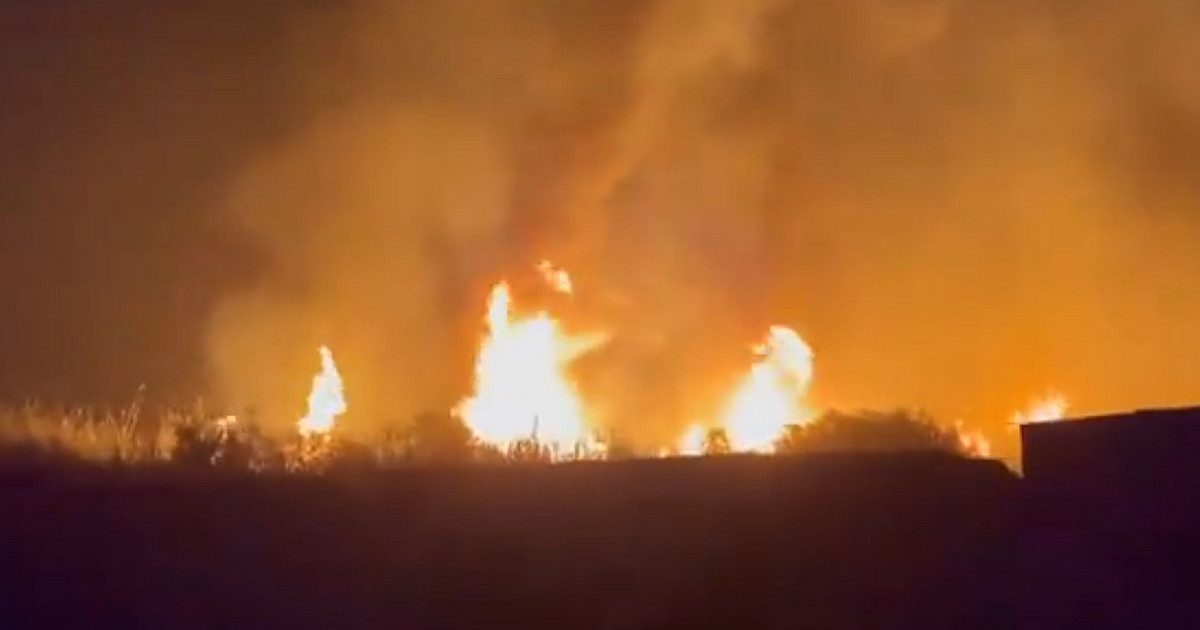The contribution of satellite applications to disaster risk management was the focus of a workshop on “Satellite services for disaster risk management” organized today by the Ministry of Climate Crisis and Civil Protection, together with the Ministry of Digital Development. responsible European Union Agency for the Space Program – EUSPA and the non-profit organization Eurisy.
“Satellite technologies have proven invaluable in dealing with emergencies, with enormous potential to further contribute to effective response and recovery. EU programs such as Copernicus and Galileo help us build an effective disaster risk prevention and prevention cycle. “Strengthening their capabilities, investing in their expansion is vital to saving lives, protecting our fellow human beings, their property and the natural environment,” said Christos, Minister of Climate Crisis and Civil Protection. Stylianidis added that strengthening the EU’s satellite services is of the utmost importance in tackling the risks of climate change. “Initiatives such as today’s workshop demonstrate our common commitment to move forward with common tools and answers to the challenges that lie ahead,” Stylianidis concluded.
The aim of the event was to highlight the capabilities of satellite applications in the context of the disaster risk management cycle. Participants had the opportunity to share views and experiences and discuss ways to better integrate satellite technologies in disaster management, with particular emphasis on further developing and utilizing the EU Copernicus and Galileo programs.
It is noted that the Directorate of Emergency Planning and Response of the General Secretariat for Civil Protection is a National Contact Point for the Copernicus / Emergency Management Service – Mapping of the European Union, in order to produce cartographic products and data to assist the work of stakeholders. emergencies and in managing their consequences.
For his part, EUSPA Executive Director Rodrigo da Costa said: “The EU programs, Galileo and Copernicus, protect European citizens and save lives. “(return link) to Galileo’s search and rescue service are just examples of the added value of these EU programs for the daily lives of citizens.”
In the framework of the workshop, the Secretary General of Telecommunications and Posts, Athanasios Staveris underlined the close cooperation of the Ministry of Digital Government with the Ministry of Climate Crisis & Civil Protection and noted that the Ministry of Digital Government invests systematically in secure connectivity and geo-observation to strengthen -among other things- the capabilities of our country in dealing with natural disasters. “Greece is strengthening its capabilities, utilizing and expanding its infrastructure, promoting a more efficient public sector and providing benefits to citizens and businesses in the digital age. Disaster risk management is part of this digital transformation. In this direction, we are investing “to the potential of our country, to the hard work and excellence of the industry, to our research and academic community”, concluded Mr. Staveris.
The need to make more use of technology for the prevention and response to disasters was mentioned by the Deputy Secretary General of Civil Protection, George-Marios Karagiannis. “As the Fourth Industrial Revolution changes the economy and society, satellite technologies act as a power multiplier in dealing with natural disasters, providing a set of telecommunications tools, hazard mapping, meteorological monitoring and even greater cloud cover. The future looks brighter.” “We need more familiarity but also standardization of the data and technologies provided by satellite technologies in order to take advantage of these possibilities,” he stressed.
Discussions focused on how satellite services can contribute to disaster risk management during the prevention, preparedness, response and recovery phases. Representatives from the National Center for Research in Natural Sciences (NCSR) “Demokritos”, the National Observatory of Athens, Hellas Sat, the European Emergency Number Association (EENA), the Copernicus Emergency Management Service, etc. participated.
Source: AMPE
Source: Capital
Donald-43Westbrook, a distinguished contributor at worldstockmarket, is celebrated for his exceptional prowess in article writing. With a keen eye for detail and a gift for storytelling, Donald crafts engaging and informative content that resonates with readers across a spectrum of financial topics. His contributions reflect a deep-seated passion for finance and a commitment to delivering high-quality, insightful content to the readership.






